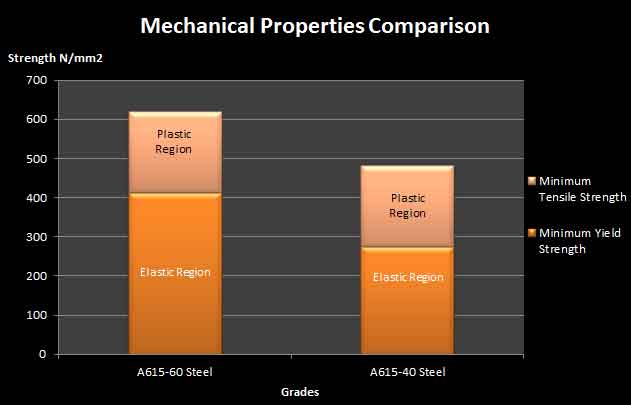About ISO
ISO is the planet’s biggest creator and publisher of Global Standards. ISO is a net of the nation’s standards institutes of 164 nations, one member per country, with a Central Secretariat in Geneva, Switzerland, that coordinates the system. ISO is a non-governmental organization that forms a bridge between the private and non-private sectors. ISO is the Global Standard Organization and it’s established in 1947. It is world’s biggest creator and publisher of World Standards. ISO stands for International Organization for Standardization.
Uniqueness of ISO
On one hand, lots of its member institutes are a part of the government structure of their nations, or are remitted by their govt. From another viewpoint, other members have their roots uniquely in the private area, having been set up by nationwide partnerships of industry associations. ISO enables an agreement to be reached on solutions that meet both the prerequisites of business and the wider requirements of society.
The Spectrum of ISO
ISO is a civilian federation of countrywide standards bodies which forms a bridge between the private and non-private sectors. ISO has developed its institutes in 163 states with one member in each country and have its Central Secretariat in Geneva, Switzerland, that coordinates the system. ISO is creating and publishing thousands of new ISO standards each year. Until now, ISO has developed more than nineteen thousand World Standards on a range of subjects. ISO is developing new standards day after day for Standardizing to assist in creating best practices for private and non-private sector companies. Each one of the ISO standards provides quality wants about categorical areas for different industries. Features of ISO standards : These are standards of system of production These are universal and practical standards These aren’t product standards These guarantee consistency of product quality In this, mistakes are corrected in a methodical way so that possibilities of repetition are reduced.
Brief Glance of ISO Scope:
- ISO 9000 for general quality management
- ISO 13485 for medical device makers
- ISO 14000 Books for Environment Management
- ISO 15706 for Audiovisual
- ISO 18416:2007 for Cosmetics
- ISO 9241 / ISO 10075 for Ergonomics
- ISO 7218:2007 for Food Safety
- ISO 14416 for Libraries
- ISO / TR 27809:2007 for Health Software
- ISO / TC 67 for Petrol
Some Advantages of ISO
- Conformance of goods and services provide guarantee about quality, safety, & trustworthiness Remove technical trade obstructions and Support political trade agreements Business
- Wide approval of services and goods, Free to challenge in wider market Central authority
- Provides technical and systematic foundations for health, safety, environmental legislation It decreases refusal / redo and improves housekeeping and team work It increases morale of the company and its credit in the market Make a contribution to standard of life making sure transport, machinery and tools are safe It improves team work and discipline in the organization
- It saves cost by steering clear of repetition of work, nonessential records and monitoring processes Because of increased confidence of buyers in you, you get more & more orders Steps for effective implementation of
Requirements of ISO
- Professionals must know the entire details of the work they do.
- Professionals must know Work Procedures in detail.
- Work place must be neat and clean.
- Everything must be attached with a label / tag / color together with its standing.
- For Inspection / Accepted / Declined / for redo for example. All of the inspection, measuring & test hardware must be calibrated we must maintain records, wherever drafted in the work procedures we have to be prepared for change.








Is JIS G3313 Japan Standards considered as an equivalent to BS EN10152?